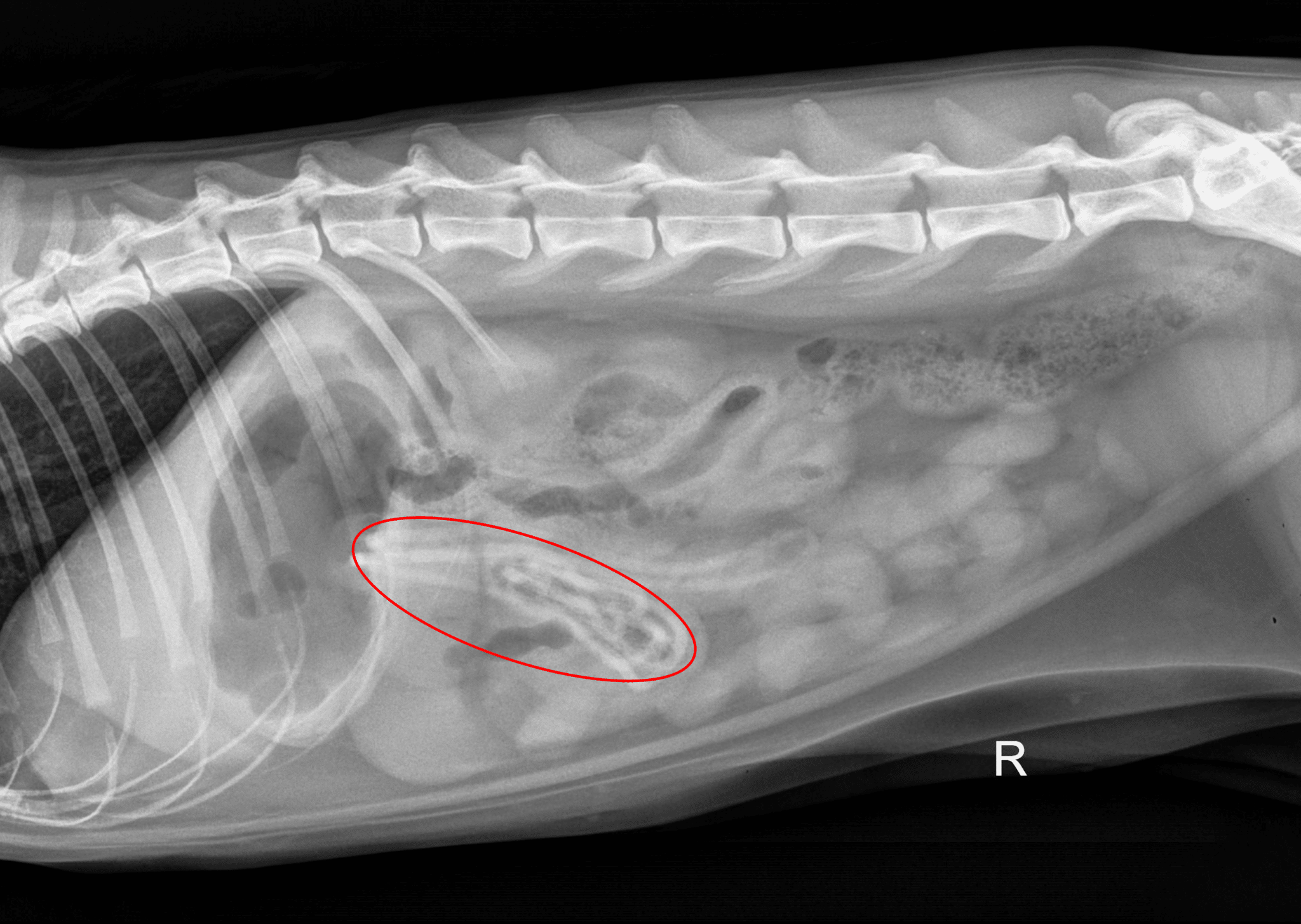
[ad_1]

June is Adopt a Shelter Cat Month, and we’re highlighting our feline friends throughout the month with a series of feline-focused posts. For the first post of June 2024, I’m going to highlight some specific household hazards for cats.
1. Washers and Dryers
AMC recently received a plea from a bereft cat owner whose cat perished when it was accidentally inside the clothes dryer when the dryer was turned on. She asked us to help spread the word in hopes of preventing this from happening to others, and this cat owner is sadly not alone. The Journal of Veterinary Emergency and Critical Care recently reported on three cats that suffered heatstroke inside a clothes dryer. The New York post recently speculated that the increase in New York City apartments that allow washers and dryers might result in an increase in this type of accident.
These stories about cats crawling into a nice warm dryer made me wonder if they would climb into a front-loading washer. Sure enough, I found another publication reporting the injuries cats suffered because they were hanging out in the washer when it was turned on. This makes me think you should not leave either of these household appliances open if you are not loading or unloading them. You should also check the whereabouts of the cat before turning them on.
2. Medications
The most common toxicities reported to animal poison centers are medication-related – either human or pet. Tylenol®, also known as paracetamol or acetaminophen, is one of those medications potentially deadly to cats. Because this drug is safe for children, cat families often administer a dose to their ill cat, not realizing the consequences. Cats lack the enzymes to detoxify and excrete the drug, allowing toxic compounds to accumulate in the bloodstream damaging red blood cells and causing respiratory distress accompanied by facial swelling. A stay in the ICU is usually required to save the cat’s life.
Cat owners should also be aware that medications for cats and dogs are not necessarily interchangeable. Flea and tick medications for dogs can cause serious toxicity in cats. I have seen owners decide to use “half a dog dose” of flea and tick medication in their cat with disastrous results. Only use flea and tick medications prescribed for a specific pet.
3. Hair Ties
Cats love the bounciness of elastic hair ties and rubber bands. Unfortunately, some cats push their hair tie fetish too far and end up in the hospital with a stomach or intestine full of the colorful adornments. The photo below shows an x-ray of a cat that ended up having surgery to remove hair ties. If you seem to be replacing your hair ties at a rapid rate, consider the cat as the potential hair tie thief, and watch out for vomiting, diarrhea, changes in appetite or behavior that may be signs that your cat ate something they shouldn’t have!

4. Cleaning Supplies
Pets can be messy, and many pet owners like to clean up using disinfecting agents. But beware – all pets should be kept away from areas where the surfaces are still wet after cleaning with these products. For cats, products containing phenol are particularly dangerous, and cats should never be exposed to areas cleaned with phenol products until the surfaces are dry. Pine-sol® and Lysol ® are two brand name products that might contain phenol. Be sure to read the label to confirm the active ingredient as not all Pine-sol® and Lysol ® products contain phenol.
5. Shipping Boxes
While most of us would consider an Amazon box a safe form of feline entertainment, here is a crazy story where a cat got accidently shipped in an Amazon return box and miraculously survived the experience. Just another cautionary tale for cat owners.
For more information on potential feline household hazards, AMC’s Usdan Institute for Animal Health Education has these resources:
Tags:
adopt a shelter cat month, cats, foreign bodies, household hazards, medication toxicity, pet poisons,
[ad_2]
Source link

Leave a Reply